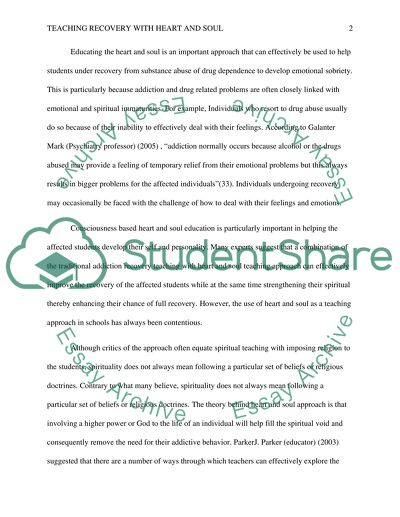Cite this document
(“Teaching recovery with heart and soul Research Paper”, n.d.)
Retrieved from https://studentshare.org/psychology/1490445-teaching-recovery-with-heart-and-soul
Retrieved from https://studentshare.org/psychology/1490445-teaching-recovery-with-heart-and-soul
(Teaching Recovery With Heart and Soul Research Paper)
https://studentshare.org/psychology/1490445-teaching-recovery-with-heart-and-soul.
https://studentshare.org/psychology/1490445-teaching-recovery-with-heart-and-soul.
“Teaching Recovery With Heart and Soul Research Paper”, n.d. https://studentshare.org/psychology/1490445-teaching-recovery-with-heart-and-soul.


